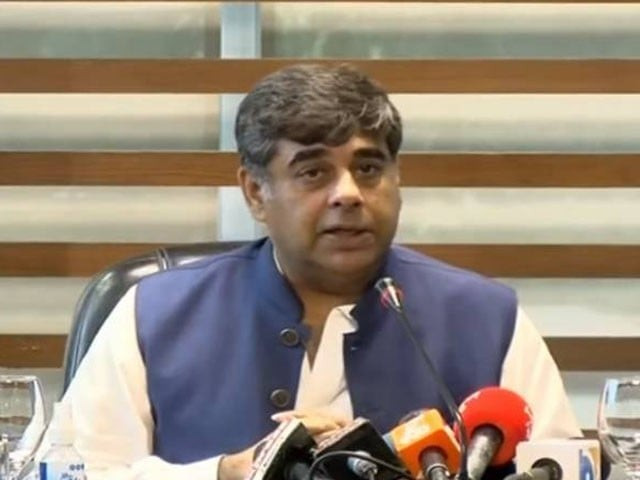Former caretaker Minister of Commerce Dr Gohar Ejaz has criticised the Independent Power Producers (IPPs) for allegedly charging the government Rs 200 billion without generating a single unit of electricity.
In a press conference in Islamabad, Dr Ejaz called for a forensic audit of these transactions and questioned the efficiency of the country’s energy policies.According to Dr Ejaz, three power plants were paid a substantial sum of Rs 200 billion despite producing zero units of electricity.
He highlighted the frustration of the business community, which demands transparency and accountability in the energy sector.”The business community stands with the 240 million people of Pakistan, not with the 40 people who have set up these IPPs,” he said.
Dr Ejaz emphasised the need to pay only for electricity that is actually produced, urging the government to end the practice of capacity payments.”The rate of electricity is Rs 60 for residential and Rs 80 for commercial use. This pricing is unsustainable,” he argued.
He further explained that Pakistan is paying Rs 200 trillion in capacity charges, calling for a petition to investigate and reform the energy sector.Dr Ejaz stressed the importance of a forensic audit for non-operational plants, suggesting that a Supreme Court-led inquiry could uncover significant irregularities.
He also questioned the rationale behind paying Rs 100 per unit for electricity when it costs only Rs 33 to produce.”We are operating these plants at only 12-15% capacity. Why are we paying so much more?” he questioned.
Dr Ejaz, who served for over six months in the caretaker setup, highlighted the increase in exports by $3.5 billion and his efforts to advocate for subsidies.He criticised the government’s handling of energy policies and underscored the need for a strategic review to benefit the general public.
According to Dr Ejaz, three power plants were paid a substantial sum of Rs 200 billion despite producing zero units of electricity.He highlighted the frustration of the business community, which demands transparency and accountability in the energy sector.


